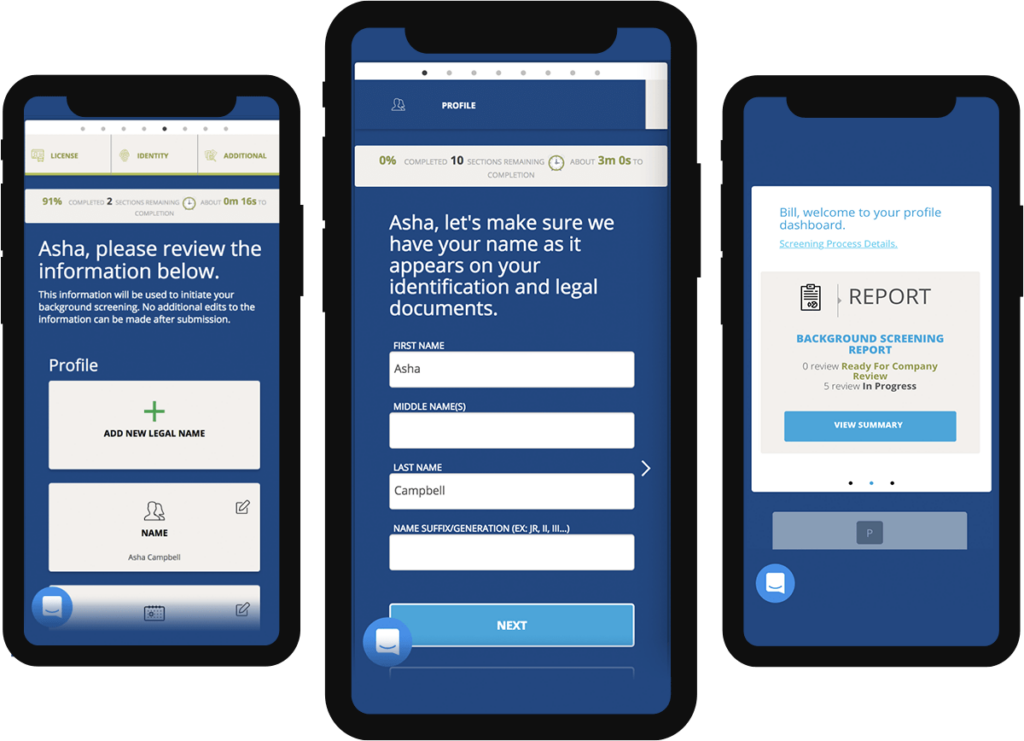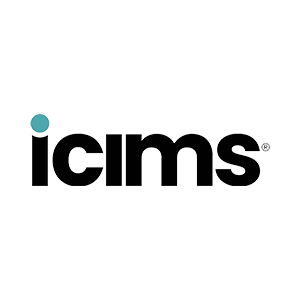Hire Smarter. Onboard Faster.®
Leverage data + tech + experience to expedite more confident hiring decisions.

Services to Exceed Your Standards
From criminal records checks to analytics & reporting, we’ve got you covered.

How to perform Reference Checks the right way

First Advantage is a Singapore Ministry of Manpower (MOM) Accredited Background Screening Company
Learn More about MOM Education Verifications of Foreign Pass Applicants Today

Profile Advantage™
Mobile-Friendly Candidate Experience
Today’s applicants, particularly millennials and digital natives, expect a high-touch, transparent hiring, and employment background check screening process.

Insight & Analytics™
Smart Analytics & Reporting
Turn data into insight and insight into action, so you can get the full story about your employment background check screening program performance.
Why First Advantage?
Along the applicant journey and beyond, leading HR teams choose First Advantage for reliable screening, verifications, safety, and compliance.
Hire Smarter
Actionable insights bring confidence to your hiring processes. Turn data into done with technology that helps you review and assess applicant information.
Onboard Faster
In the quest for quality talent, every moment counts. Accelerate the return of your screening results with the power of automation. Go beyond the background with onboarding solutions that can speed up Form I-9 compliance, tax credits, criminal record searches, and drug testing.
Applicants First
Behind every applicant is a person who brings value to your organization. Set the tone for a positive applicant journey with a mobile, applicant-first experience.
Learn About Our Partners
Simplify your background screening process and connect with our trusted service providers and integration partners.







